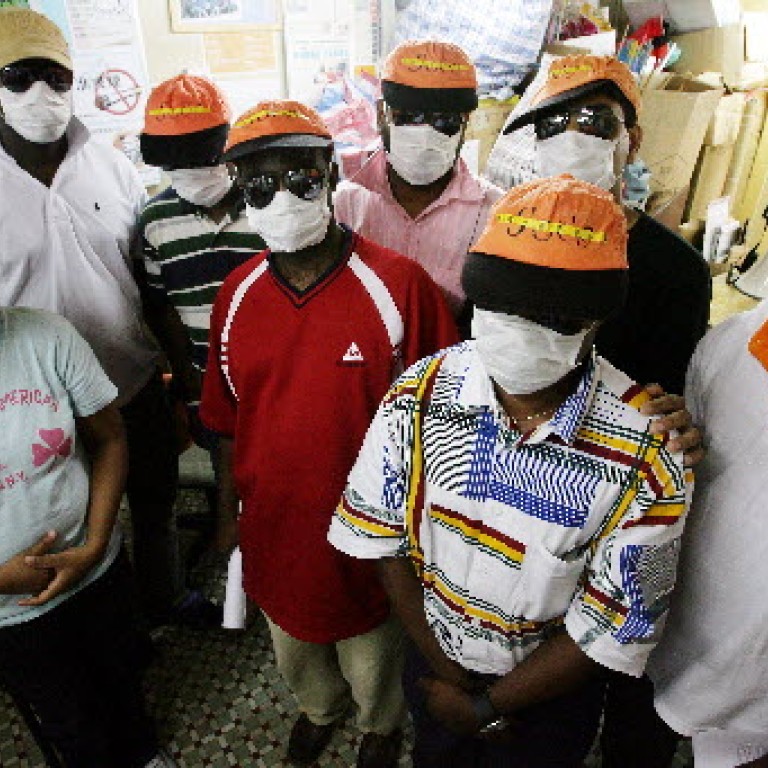
Ban on refugees taking jobs is 'contrary to law', top court hears
Rule goes against Bill of Rights, Basic Law and international convention, top court hears
The government is breaking the law by banning torture claimants and refugees from working, the top court heard yesterday.
The ban is being challenged by three refugees and one recognised torture claimant, who want the court to address the circumstances in which people who are unlikely to be resettled elsewhere can legally work.
They argue that those who have lived in the city for four years should be able to work.
Claims for refugee status are assessed by the local office of the UN High Commissioner for Refugees, while torture claims are handled by the government. Successful claimants in most cases are resettled elsewhere in the world, a process that can take years.
"It is contrary to the law for the director [of immigration] to maintain a provision on work against … protected persons, whether they are refugees or torture claimants," British barrister Michael Fordham QC, representing the four, told the Court of Final Appeal yesterday.
The four appellants fled their home countries to escape political and religious persecution.
Their case is based on their right to be protected from cruel, inhuman or degrading treatment or punishment under the Hong Kong Bill of Rights; their right to privacy under the same bill; the freedom of choice of occupation under the Basic Law; and the right to work under the International Covenant on Economic, Social and Cultural Rights and the protection of fundamental rights allowed by common law.
In 2011, the Court of First Instance quashed the director of immigration's refusal to let one of the men work, saying the director must reconsider the request. But it refused a judicial review of the rule. Three of the men have been allowed to work temporarily at the director's discretion, while the fourth was in jail for attempted robbery, Fordham said.
The government was denying them their right to work to protect the local workforce and deter economic migrants, he said.
The government is represented by British barrister David Pannick QC. The Immigration Department has received 3,800 torture claims since December 2009. Just 10 were substantiated.
The UNHCR said 3,022 people lodged refugee claims between 2009 and August last year. As of August, the city had 100 recognised refugees, 73 of whom were of working age.
The hearing continues today.
